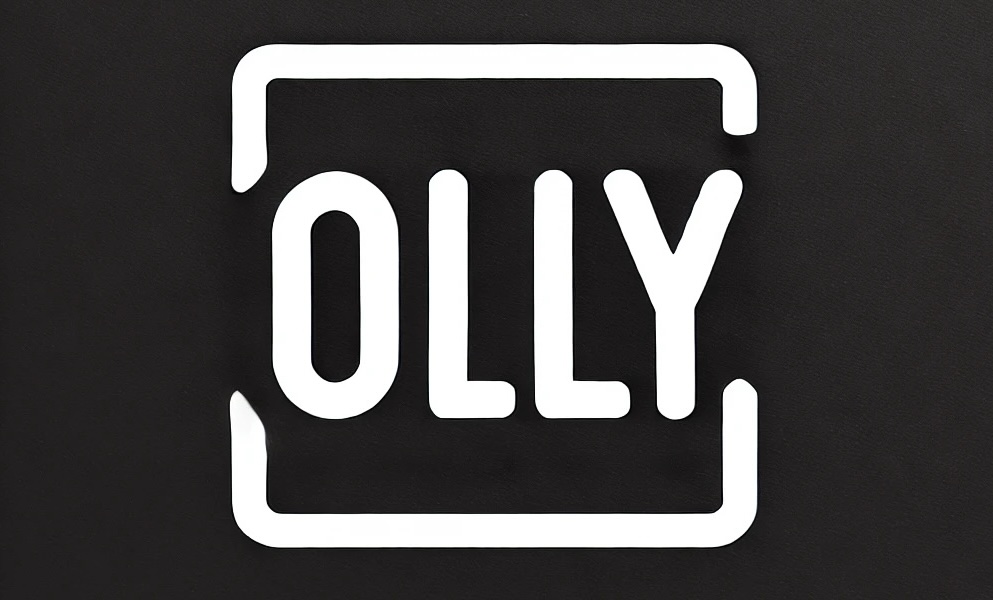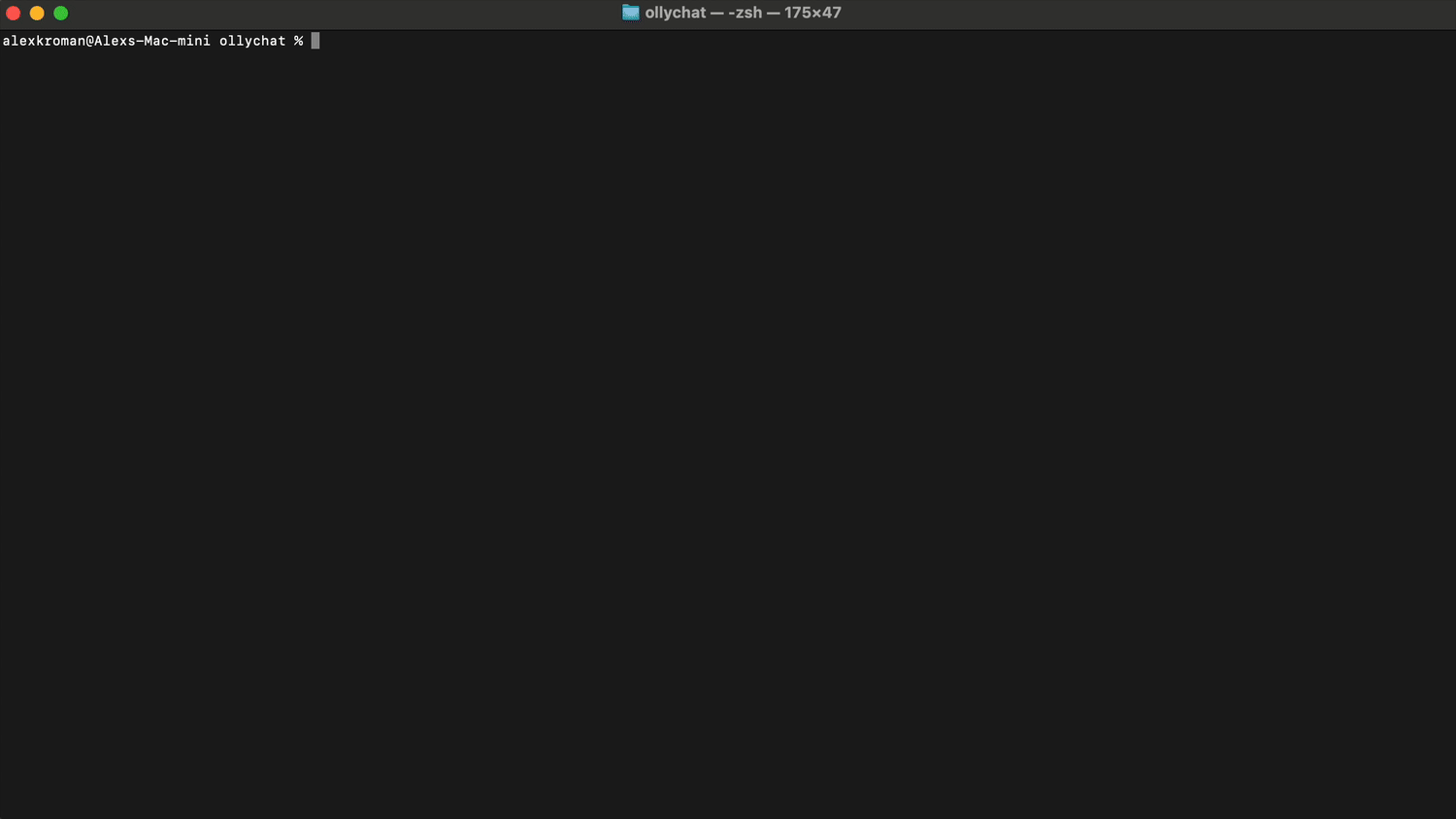https://github.com/alexkroman/ollychat
Create custom DevOps AI agents that understand and manage your infrastructure.
https://github.com/alexkroman/ollychat
agent agents ai ai-agent-framework ai-agents ai-agents-framework llm observability observability-data prometheus sre
Last synced: 5 months ago
JSON representation
Create custom DevOps AI agents that understand and manage your infrastructure.
- Host: GitHub
- URL: https://github.com/alexkroman/ollychat
- Owner: alexkroman
- License: mit
- Created: 2025-01-07T20:58:58.000Z (9 months ago)
- Default Branch: main
- Last Pushed: 2025-02-27T17:16:27.000Z (7 months ago)
- Last Synced: 2025-02-28T00:42:36.957Z (7 months ago)
- Topics: agent, agents, ai, ai-agent-framework, ai-agents, ai-agents-framework, llm, observability, observability-data, prometheus, sre
- Language: TypeScript
- Homepage:
- Size: 37.2 MB
- Stars: 49
- Watchers: 5
- Forks: 5
- Open Issues: 0
-
Metadata Files:
- Readme: README.md
- License: LICENSE.txt
Awesome Lists containing this project
README
# OllyChat: AI Agents for DevOps

OllyChat allows you to create custom DevOps AI agents that understand and manage your infrastructure.
## Engineers are drowning in reliability problems
According to a recent New Relic report:
- Companies have 97 minutes of downtime every week - each minute bleeding $15,000 from your bottom line
- ~400 minutes of outages per month - keeping engineers in reactive firefighting mode and not innovating
- 90% of incident response time is wasted on “ClickOps"
- hunting through dashboards instead of solving problems.
The future of observability isn’t more dashboards and alerts. It’s purpose-built AI agents that work like an expert SRE (site reliability engineer) — without the burnout.
## Meet OllyChat
OllyChat isn't another tool – it's an AI teammate that works the way your team works:
- Embedded in your workflow - Slack, Teams, JIRA – wherever your teams communicate
- Understands your infrastructure - Seamlessly integrated with your SRE toolchain
- AI-powered automation - Resolves incidents faster than any human could
## The AI-First Open Source DevOps Platform
Today's observability and incident management tools weren't built for AI. They were built for humans – limited by dashboards, on-call response times, and manual processes.
OllyChat flips the script. It's an AI-first platform that:
- Diagnoses incidents in real-time
- Automates remediation with AI-driven agents you control
- Learns from your unique infrastructure and workflows over time
## Get Started With Our Demo Prometheus Server
You can try OllyChat without any observability data by pointing your config at our demo Prometheus server:
## ✨ Features
- [Chat with your observability data](DEMO.md)
- [Create your own DevOps AI Agent](#building-your-own-devops-ai-agent-with-ollychat)
## 🖥️ OllyChat in CLI

## 💬 OllyChat in Slack

## 📊 Supported Observability Platforms
- Prometheus
- New Relic (coming soon)
- DataDog (coming soon)
- Elastic (coming soon)
## 🧠 Supported LLM's
- OpenAI
- Anthropic
- [Ollama (tool supporting)](https://ollama.com/search?c=tools)
## 🚀 Getting Started Without Docker
### Prerequisites
- node.js
- npm
### Install
```bash
# Clone the repository
git clone https://github.com/alexkroman/ollychat.git
cd ollychat
# Install dependencies
npm install
```
### Set Your Environment Variables
```bash
cp env-example.sh .env
Edit `.env` with your settings
```
### Running the CLI
```bash
# Start the CLI
npm run cli:start
```
### Installing Optional Slack Integration
1. Create a Slack App:
- Visit [Slack API](https://api.slack.com/apps)
- Click "Create New App" → "From an app manifest"
- Select your workspace
- Copy JSON in `deploy/slack/slack-manifest.json`
2. Install the app to your workspace:
- Navigate to "Install App" in your Slack App settings
- Click "Install to Workspace"
- Grant requested permissions
3. Start the Slack bot:
```bash
# Start the Slack backend
npm run slack:start
```
### Using OllyChat in Slack
Invite @olly to your team or incident channel.
- @olly what's the health status of my cluster?
- @olly any alerts?
- @olly which pods are consuming the most memory?
## Getting Started With Docker
You can use Docker to deploy both the Slack app and CLI app
### Set Your Docker Environment Variables
```bash
cp env-example.sh .env
# Edit .env with your settings
```
### Build the Container
```bash
# Build the docker container
npm run docker:build
```
### Run the CLI
```bash
# Build the docker container
npm run docker:run:cli
```
### Run the Slack App
```bash
# Build the docker container
npm run docker:run:slack
```
## ❤️ Contributing
- Submit a [feature request](https://github.com/alexkroman/ollychat/issues/new) or [bug report](https://github.com/alexkroman/ollychat/issues/new)
### Building your own DevOps AI Agent with OllyChat
- You can use src/tools/prometheus.ts as a template to get started
```bash
# Use prometheus agent as a template
cp src/tools/prometheus.ts src/tools/newTool.ts
```
- Add your tool as an import and to the tools array in src/tools/index.ts
### Run Tests
```bash
npm test
```
### Run Linter
```bash
npm run lint
```
### Generate Evaluation Run
When you make changes to the app you should generate an evaluation run to test your change against ground truths.
```bash
# Load the latest version of the evaluation data
npm run evals:load
# Run the evaluations
npm run evals:start
```
## 📜 License
Ollychat is MIT licensed. See [LICENSE](LICENSE.txt) for details.